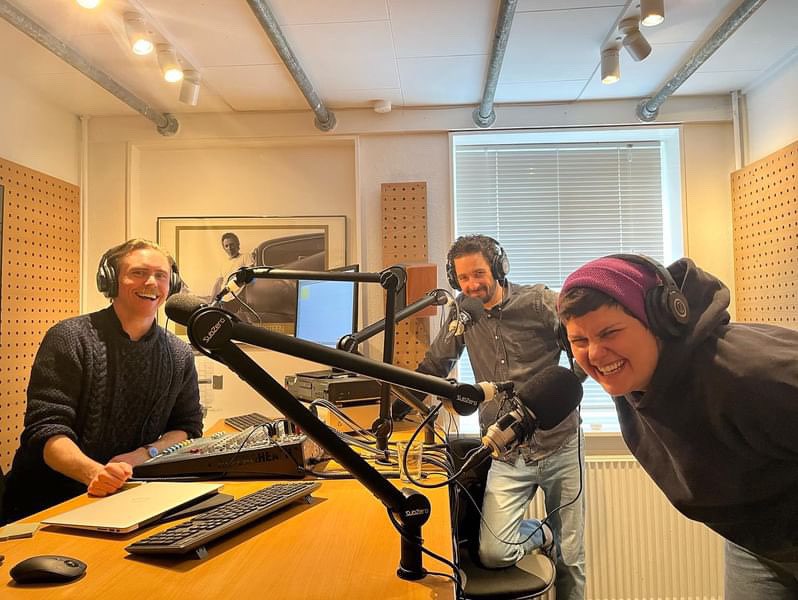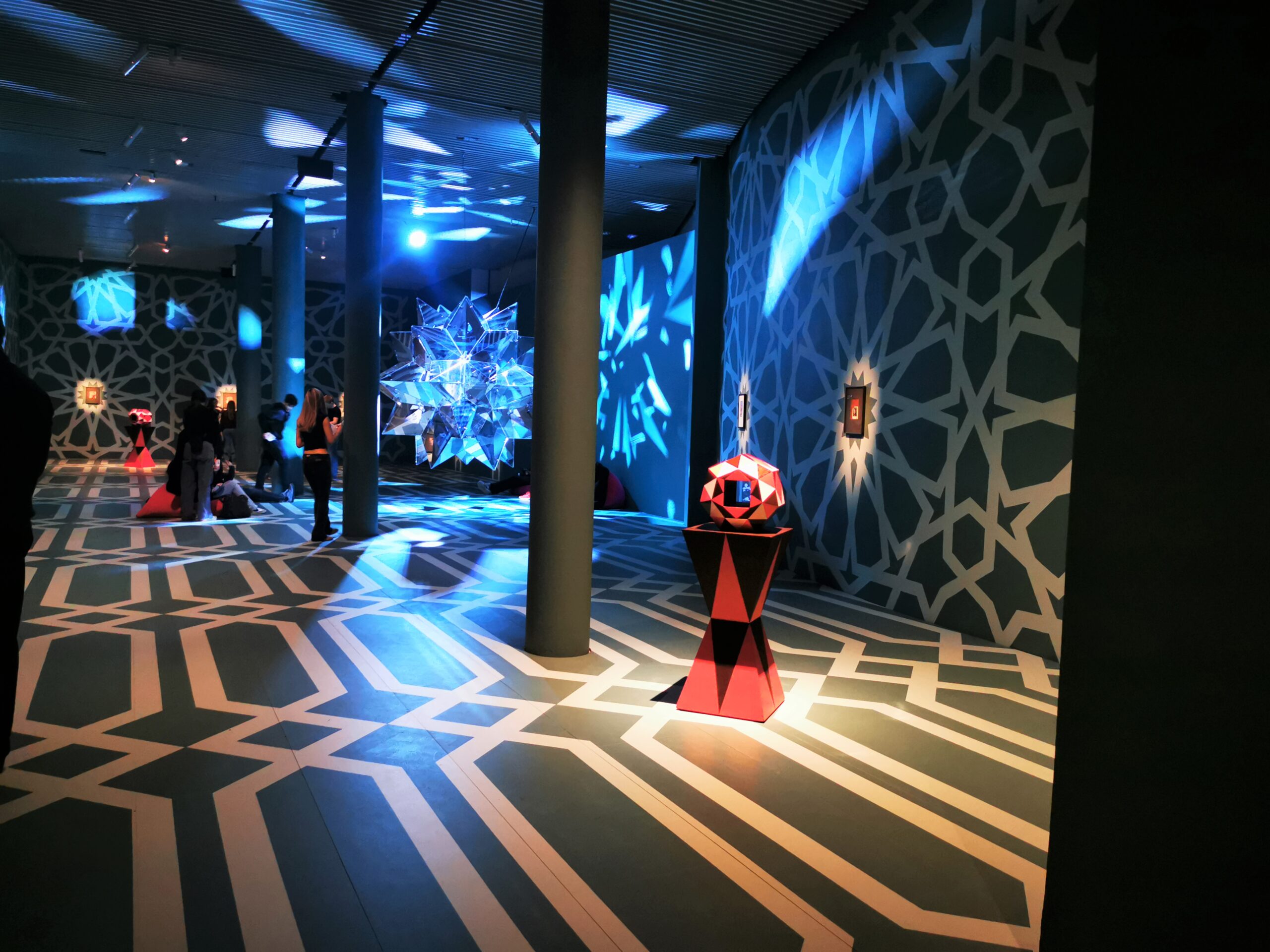For 30 years, aspiring storytellers, clowns and mimes have flocked to Copenhagen to study at the Commedia School for physical theatre. But thanks to a change in immigration policy, the school’s future may be in doubt.
The Commedia School is one of the few private schools in Denmark that is granted a special dispensation that allows it to enrol non-European students. But the Immigration Service (Udlændingestyrelsen) decided in 2010 that the dispensation does not give the students the right to work 15 hours a week on top of their studies – a right that non-European students in state-funded higher education enjoy.
But despite the rule change, many non-EU students are still given the promise by Danish consulates that they can work in Denmark while studying at the Commedia School. These students then find themselves in a difficult situation when they arrive and find out that the promise of work has been reneged.
The dilemma has already circulated ministerial offices once before, which resulted in the Employment Ministry setting up a committee at Udlændingestyrelsen to look into the problem. But when a stage artist who is a former student, Thomas Nygaard, called Udlændingestyrelsen months later, they couldn’t give him a timeframe for their decision.
After several more months of waiting, Nygaard met with one of the managers at Udlændingestyrelsen, who informed him that the committee was unable to reach a decision and that he should take the matter up with the politicians.
“But we’ve already been through that process. We’ve tried the Foreign Ministry, who sent us to the Culture Ministry, who sent us to the Employment Ministry, who sent us to Udlændingestyrelsen, who sent us back again,” Nygaard said. “So enough is enough, and the absurd thing is that the school has existed for 30 years and there have not been any problems until recently.”
Although Udlændingestyrelsen has told Nygaard several times since 2010 that the work permits would be halted, he says that some of his non-EU students continue to receive them.
“As recently as December 20, one of our students was awarded a work permit. So they can’t even organise their own system, and they actually told me that they’ve made mistakes in 25 percent of the cases since they discovered that the students shouldn’t be granted work permits,” Nygaard said. “They seem rather disorganised.”
Nygaard, who graduated from the same school in 2011, has been working pro bono next to his job as a stage director at Norse Productions for the past year in order to help the foreign students of his former school gain the work permits that they were promised by the Danish state before they arrived.

The Commedia School is an international, English-language artist and theatre school that has been teaching students the craft of physical performance in Copenhagen since 1983. The school offers a two-year creative entrepreneurial performer education in which students learn to write, direct and act in their shows.
Most of the students today are foreign. Many come from Scandinavia and the EU and thus don’t require work permits, but there are also students from nations like Cuba, Nepal, the US, Brazil and Burkina Faso.
David Roby, a current student at Commedia School, arrived from Seattle, Washington in August 2011 and was among the students not allowed to work despite being promised he could by the Danish consulate in New York.
“I’m a saver, but all my savings are gone. Fortunately, I was lucky and able to live for free with some friends, or I would not be here now. I was considering going home because I simply didn’t have any more money, except for a ticket home,” Roby said. “I was lucky, but I see so many students have to leave because they can’t afford to stay.”
Roby’s reapplication for a work visa was also recently denied, and despite applying for his residence visa in April of 2011, Roby didn’t even receive that until March the following year. And he is, by far, not the only one.
Numerous non-European students have had a hard time in Denmark and some of the students have had to return home again because they simply couldn’t live here without some source of income.
“That is a shame, especially since many of them have been promised by Danish embassies or consulates in their home countries that they would be granted work permits as well as residence permits,” Nygaard said. “It’s very problematic because the funds they brought along were inadequate to live off in Denmark.”
But while the school and a number of students have made official complaints, the reality is that most of them will have finished their two-year courses before any sort of ruling is made on their cases.
While the state-sponsored AFUK (Akademiet for Utæmmet Kreativitet) – which made its way into the headlines in December thanks to the nepotism allegations made against the former culture minister, Uffe Elbæk (Radikale) – specialises in the ‘hard’ circus disciplines such as trapeze, Commedia School concentrates on the ‘softer’ genres within physical performance, like storytelling, clowns, mime and mask-theatre.
The school has produced a number of outstanding physical actors and circus artists, like Scott Nelson (who won the World Championships of Magic in 2000 and has performed with the Big Apple Circus), Kristjan Ingimarsson (‘Blam’), Linnea Haponenen (‘Krepsko’), Dansk Rakkerpak and Sigrid Husjord, who won a prestigious Reumert award last year for her supporting role in ‘Oliver med et twist på’ at Nørrebro Theatre.
The ability to work 15 hours a week while studying is imperative for many of the foreign students who come to the school, and the rejection of the dispensation by Udlændingestyrelsen has meant that the school has already begun to experience a drop in foreign talent. And that, according to Nygaard, is a great loss for the Danish physical performance scene, as well as the students’ home countries.
“Many of the graduates from developing countries work in social theatre projects in their homelands, where physical performance and storytelling are essential tools for promoting democracy, the freedom of speech and decent work environments,” Nygaard said. “I fear that we’ll miss out on the talent from outside Europe, which is part of the school’s foundation.”
Another unknown in the case for Nygaard is that he was trying to arrange a meeting with Elbæk, but has not made any progress setting a time with Elbæk’s successor, Marianne Jelved (Radikale).
“The Commedia School is the longest existing professional education for physical actors in Denmark, and we hope that the new culture minister can find a spot for us in her tight schedule so that our students can achieve equal treatment with other students in government-sponsored higher education programmes,” Nygaard said.
The City Council Culture Department has expressed appreciation for the school’s international profile and has promised to look into the matter. It has sent an inquiry to the Employment Ministry, although Nygaard said that the school was yet again waiting for a response.
Neither Udlændingestyrelsen nor the Culture Ministry has responded to The Copenhagen Post’s inquiries.













